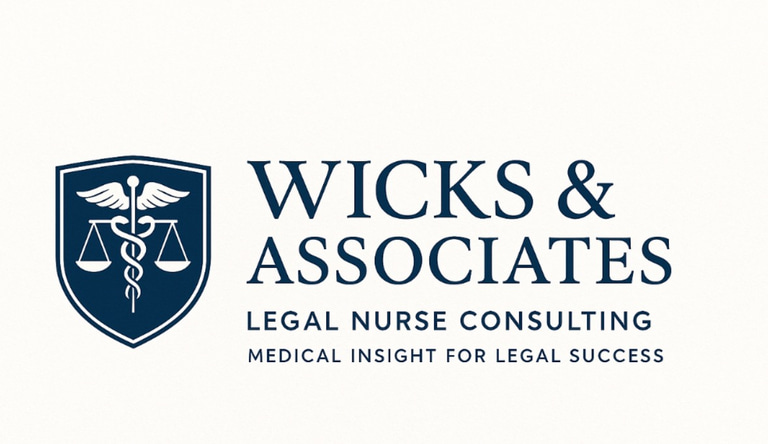Services
Medical Case Review & Analysis
Review and interpret medical records for accuracy, relevance, and completeness
Identify deviations from standards of care
Correlate medical facts with allegations in legal cases
Prepare concise case summaries and chronologies
Case Strategy & Attorney Support
Assist attorneys in understanding complex medical terminology and treatment details
Identify key medical issues, strengths, and weaknesses of a case
Recommend potential expert witnesses or assist in locating them
Support case preparation for depositions, mediations, and trials
Expert Witness Support & Liaison Work
Assist in locating and vetting expert witnesses (physicians, nurses, other specialists) who can testify
Prepare experts for deposition/trial: help them understand the case, interpret medical issues, prepare questions or testimony
Serve as a fact witness on nursing standard of care
Litigation Support & Trial Preparation
Organize, tab/paginate medical records for use in litigation
Review and summarize depositions, assist with interrogatories, assist drafting responses or reviewing legal documents as they relate to the medical facts
Create demonstrative evidence (timelines, charts, graphics) to help attorneys present medical issues clearly to judges/juries
Attend independent medical examinations (IMEs), defense medical exams (DMEs), mediations, arbitrations, trials to provide support
Client & Attorney Education
Educate attorneys (and their teams) about clinical facts, medical terminology, treatment processes, nursing issues and care standards. This helps bridge the gap between legal and healthcare worlds.
Serve as a liaison between attorneys, healthcare providers, parties/witnesses, experts.
Case Screening & Merit/Defensibility Assessment
Evaluate early on whether a case has merit (for plaintiff) or defensibility (for defense) from both clinical and legal perspectives
Identify causation, damages/injuries, standard of care deviations (or adherence), and potential defendants
Research & Literature Review
Perform healthcare research: identify relevant standards/guidelines, analyze medical literature/studies that might support (or impair) a case
Define applicable standard(s) of care and assess whether the healthcare provider(s) met or deviated from these standards
Risk Management / Preventive Services
In contexts of healthcare facilities, insurers or government agencies: help with risk-management investigations, regulatory compliance, reviewing staff competency, documentation practices, falls/injuries in long term care, medication errors, etc.
Cost, Damage & Life-Care Planning Support (in some cases)
For catastrophic injuries/long-term care situations: develop life care plans, project future medical costs, evaluate billing audits, prepare Medicare set-aside allocations, etc.
Assess damages, pain & suffering issues from a medical/clinical viewpoint
Research & Literature Review
Perform healthcare research: identify relevant standards/guidelines, analyze medical literature/studies that might support (or impair) a case
Hospital & Long Term Care Services
Hospital & Long Term Care Chart Audits
Hospital & Long Term Care Risk and Policy Review
Hospital & Long Term Care Services
